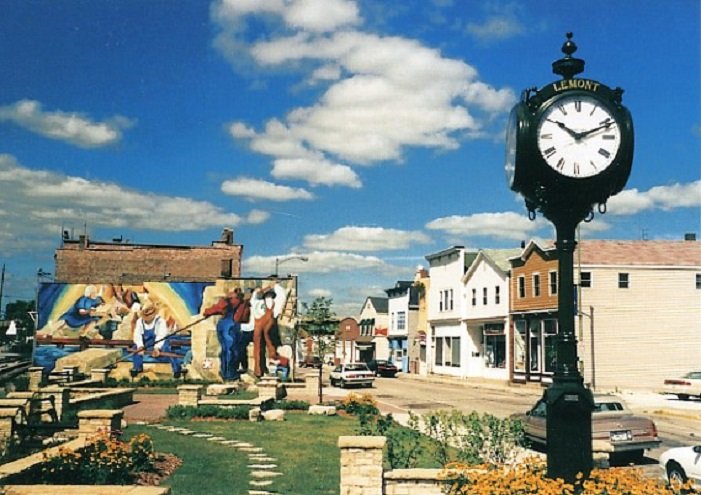If you own a home in Lemont, IL, you might be tempted to rent it as a short-term rental on platforms like Airbnb or Vrbo. Short-term rentals can provide both hosts and guests extra income, flexibility, and convenience. However, before you list your property online, you must know the legal implications and requirements.
This blog post will explain short-term rentals, how they are regulated in Lemont, IL, and what you need to do to comply with the law.
What are Short-Term Rentals?
Short-term rentals are any rentals of residential properties for periods of less than 31 days. This includes entire homes, apartments, condos, cabins, rooms, or accessory dwelling units (ADUs) offered for short stays. Short-term rentals differ from long-term leases, subject to different rules and regulations.
Short-term rentals are popular among travellers seeking unique, affordable, and comfortable lodging options. They are also popular among homeowners who want to earn extra money by renting out unused or underutilized space. However, short-term rentals also pose challenges and risks for the hosts, the guests, the neighbours, and the local authorities. That’s why short-term rentals are subject to various laws and regulations at the state and local levels.
Short-Term Rentals Regulated in Lemont, IL
In Illinois, short-term rentals are defined and regulated by state law. The state law provides a framework for the taxation, licensing, and inspection of short-term rentals. However, state law also allows local governments to enact ordinances to regulate short-term rentals within their jurisdictions. This means short-term rentals in Lemont, IL, are subject to state and local regulations.
The state law requires short-term rental hosts to collect and remit lodging taxes from their guests. The lodging tax rate in Illinois is 6%, which applies to the total rent charged to the guest. The host must file monthly tax returns and pay the tax to the Illinois Department of Revenue.
The state law also requires short-term rental hosts to obtain a license from the Illinois Department of Public Health. The license is valid for one year and costs $250. The license application must include information about the property, the host, the occupancy limit, the fire safety measures, and the sanitation facilities.
Pornography Laws in New Jersey
The local regulations for short-term rentals in Lemont, IL, are found in the Lemont Municipal Code. The code defines short-term rentals as a type of home occupation, a business conducted within a residential dwelling unit. The regulation imposes several restrictions and conditions on short-term rentals, such as:
- The host must be the owner and occupant of the property
- The host must obtain a business license from the village and pay an annual fee of $100
- The host must register the property with the town and provide contact information and emergency numbers
- The host must comply with all zoning, building, fire, health, and safety codes
- The host must limit the number of guests to two per bedroom plus two additional guests per property
- The host must specify the number of vehicles to one per bedroom plus one extra vehicle per property
- The host must not rent out the property for more than 90 days per calendar year
- The host must not create any noise, traffic, parking, or nuisance problems for the neighbours
How do you comply with the law as a short-term rental host in Lemont, IL?
If you want to rent out your home as a short-term rental in Lemont, IL, you need to follow these steps to comply with the law:
- Check the zoning of your property and make sure it allows short-term rentals
- Apply for a license from the Illinois Department of Public Health and pay the $250 fee
- Apply for a business license from the village of Lemont and pay the $100 fee
- Register your property with the town of Lemont and provide the required information
- Collect and remit the state and local lodging taxes from your guests
- Follow the rules and regulations for short-term rentals in the Lemont Municipal Code
- Keep records of your rental transactions and report them to the authorities
- Maintain your property in good condition and ensure the safety and comfort of your guests
Conclusion
Renting out your home as a short-term rental in Lemont, IL, can be a rewarding and profitable venture, but it also comes with legal responsibilities and obligations. You must be aware of the state and local laws and regulations that apply to your property and business. You must also obtain the necessary licenses, permits, and registrations and pay the applicable taxes and fees. By following the law, you can avoid fines, penalties, and legal troubles and enjoy the benefits of being a short-term rental host in Lemont, IL. We hope you found this blog post helpful and informative.

